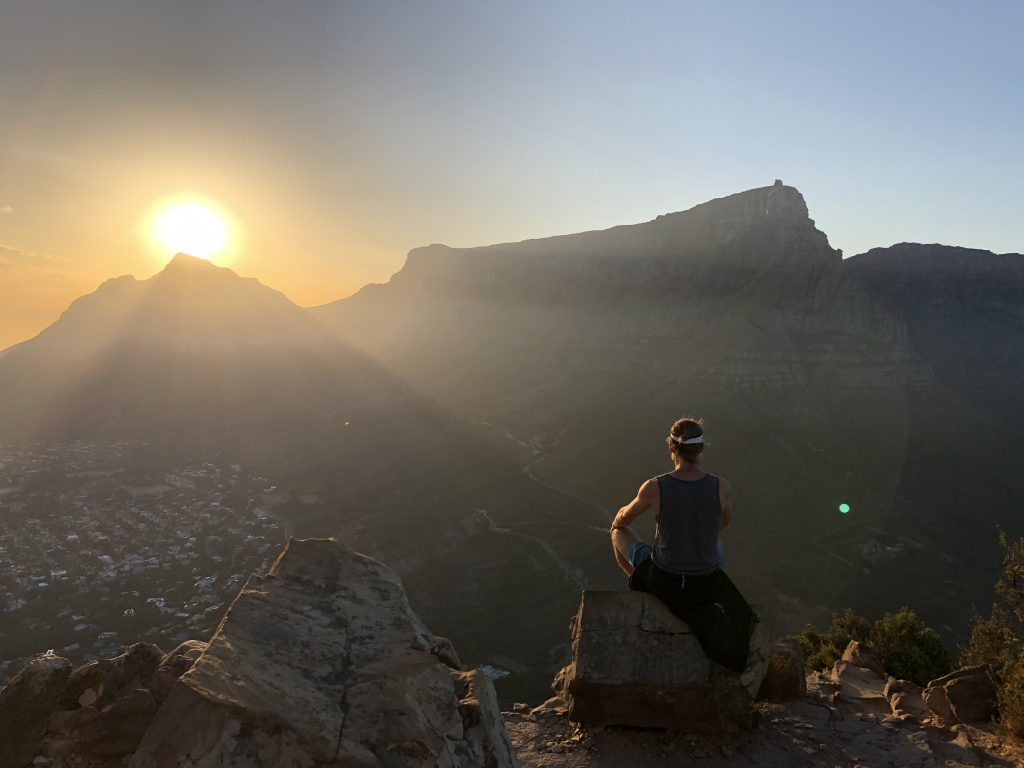By Steve Borloz
“Every human being has a genuine, authentic self, and the trauma is that disconnection with it. And the healing is the reconnection with it.” — Gabor Maté.
When I read this, it seems straightforward and simple, but it isn’t easy. Like many, the disconnection from my authentic self has been my experience, too. To survive as a child, I learned to suppress most of my emotions, suppressing my voice and the anger that came from not being seen, validated, held, and supported. Much of the core shame I am experiencing today comes from the old belief that something must be wrong with me, and therefore, only if I find the right way to ‘fix’ myself, will I be safe, loved and will I thrive.
As a child, the only way to manage the intensity of those overwhelming bodily sensations was to completely disconnect from them and, therefore, from my genuine, authentic self. What was left to navigate my childhood was a dysfunctional nervous system trying to protect me, even when it wasn’t needed. That system could get triggered at any given moment by parts that were scared or full of shame, which would then fuel that core belief of being defective.
Compassionate Inquiry helped me understand and integrate layer by layer many of my past traumas. CI taught me the art of self-inquiry with great care and gentleness, using powerful and non-intrusive questions.
A fundamental transformational shift started when I got in touch with my body and nervous system, becoming resilient to the discomfort of emotional charges. I started to learn the art of responding instead of reacting with the help of a book called ‘The Presence Process’ by Michael Brown.

Whenever I got triggered by a loved one, at work, or by a training partner, before answering from that triggered place or trying to inquire into it with CI and make meaning of it, I sat down with the discomfort for fifteen minutes. Each time, using ‘The Presence Process’ to integrate more of the emotional charge. I soon understood that it was the past, revisiting me every time. I realised that it was my responsibility to integrate those parts that got hurt in the past. Nobody could do the job for me; no amount of validation or love could do the trick of integrating or healing those parts; only I could connect to them with unconditional love, compassion, and presence. Whenever I was upset or perceived myself as being misunderstood, an emotional imprint was triggered; the person I blamed was simply a messenger, showing me where there was still integration work to be done.
It was comforting to have a way out of the trauma, a 10-week process to support this new journey. I learned to ground into the present moment and got better at feeling instead of wanting to feel better. I learned more about the projection and reflection of the world around me, enabling me to respond to life in a calmer and more grounded space. I learned to stay conscious while paying unconditional attention to my feelings. A great deal of the emotional imprints from childhood could be integrated by repeating this process each day. Some inner safety grew; my nervous system started to relax and respond more accurately, and my connection to myself and others improved. I had more self-compassion and some love and acceptance grew toward myself. I slowly gained more access to my essence, to my authentic Self, and this re-connection with Self is one of the critical elements I use when practising Compassionate Inquiry with my clients. It allows me to trust my intuition and be comfortable in those moments of silence during our session, and very often, it is where the magic of the healing process happens.
The Presence Process is a beautiful journey that supports the Compassionate Inquiry approach. It is an excellent add-on for everybody looking to go deep within, supporting inner connection with the body, allowing your authentic self and essence to be revealed, and allowing gut feelings to become a vessel to guide someone through life.